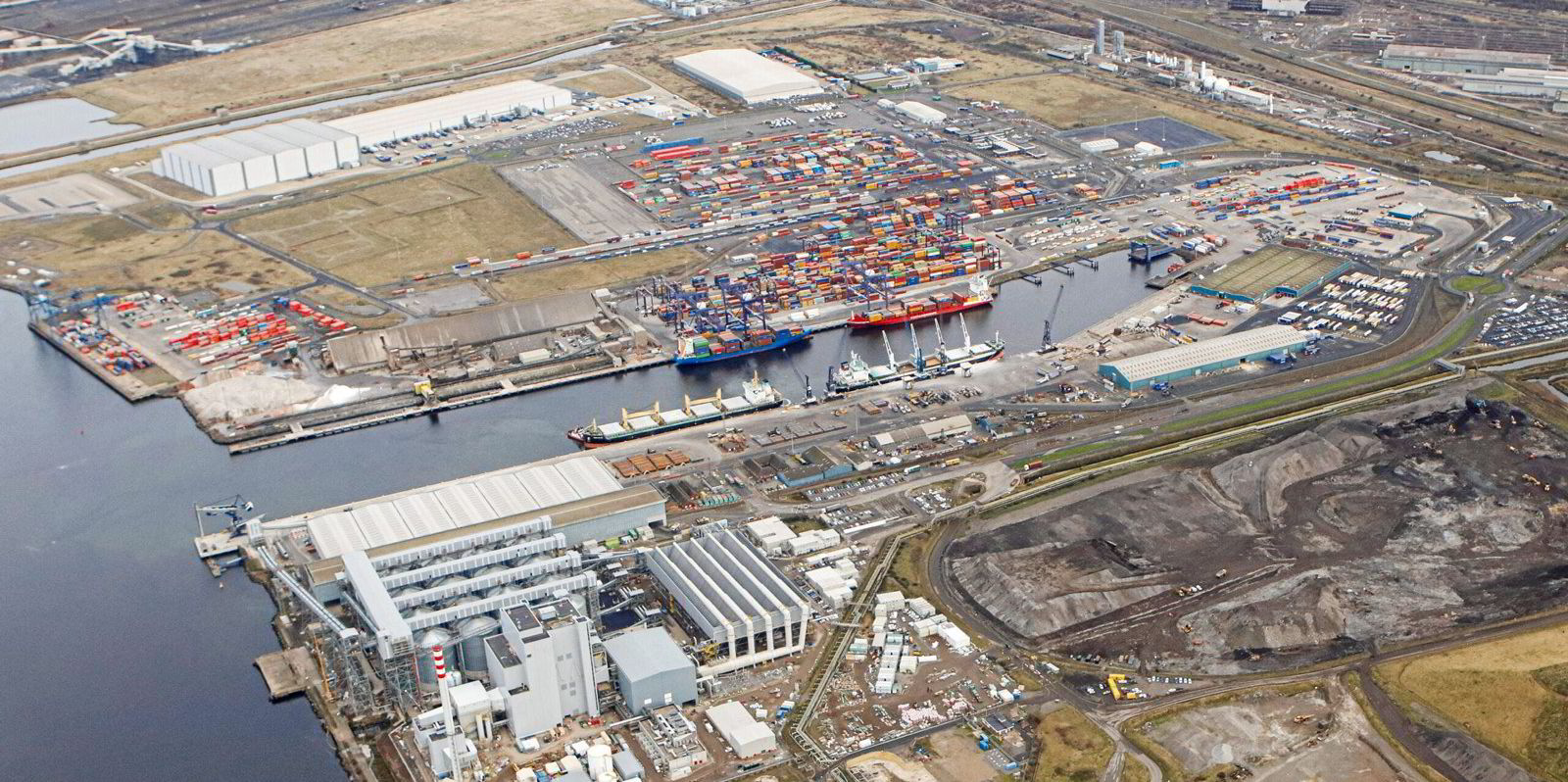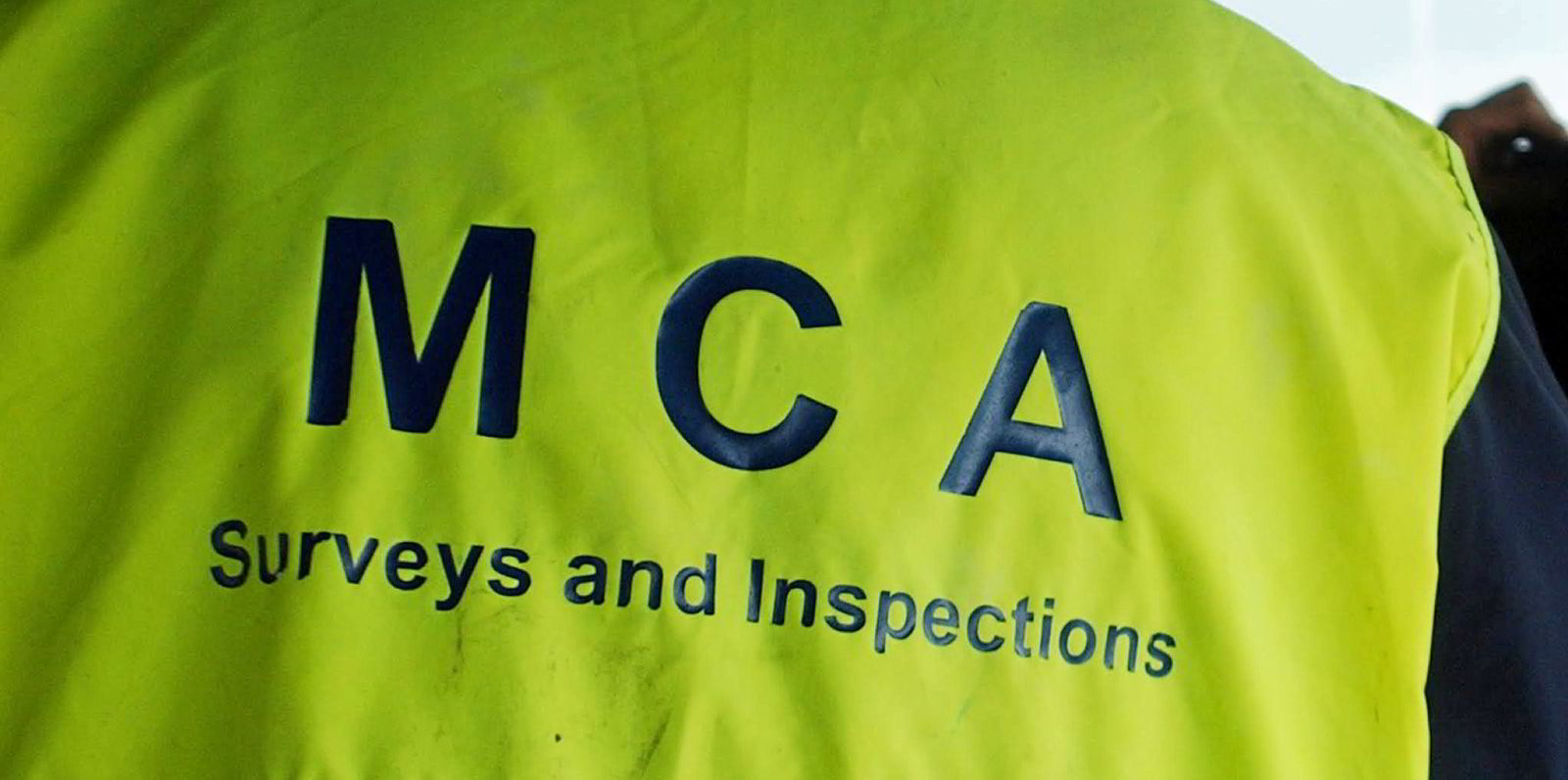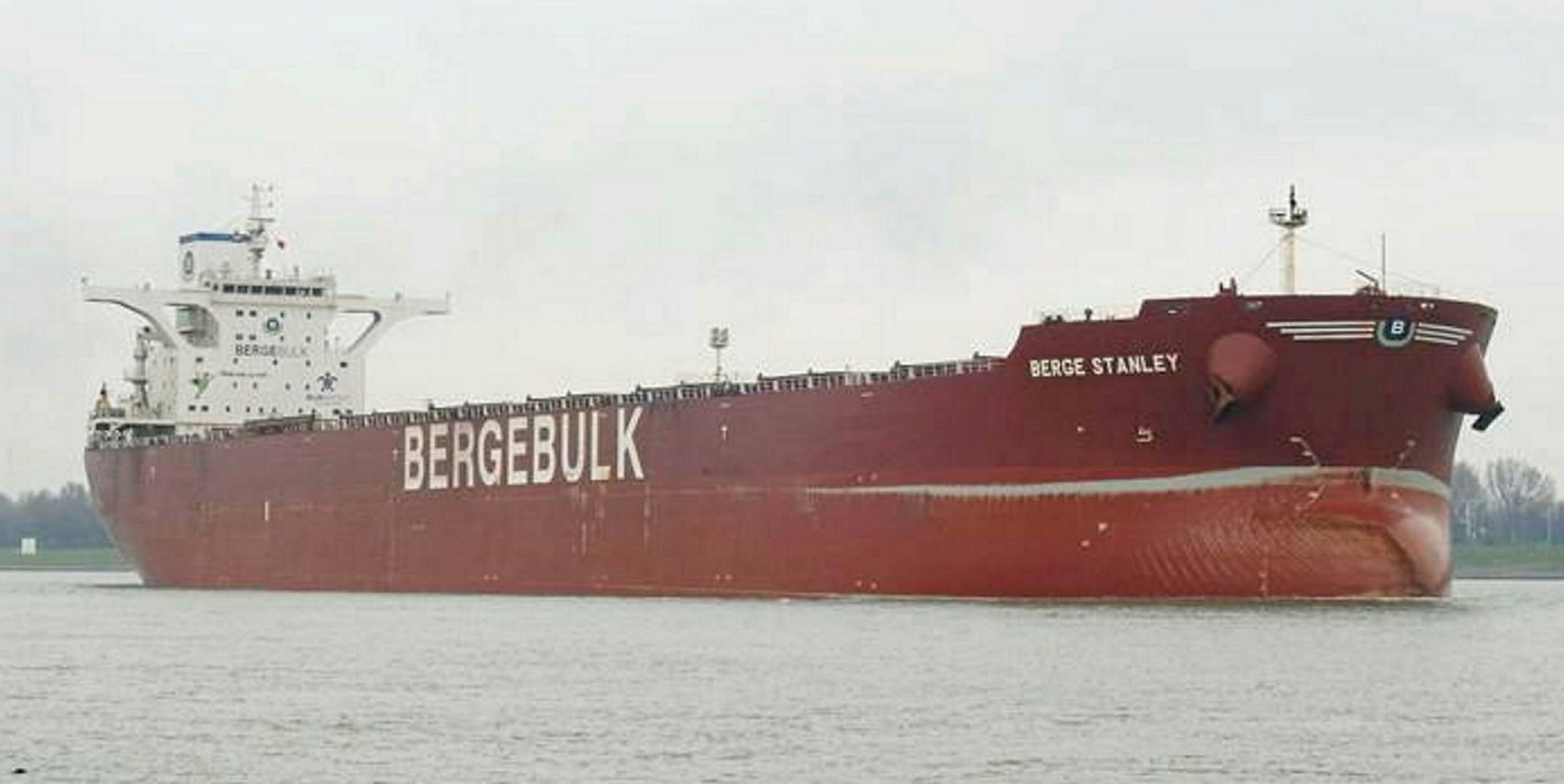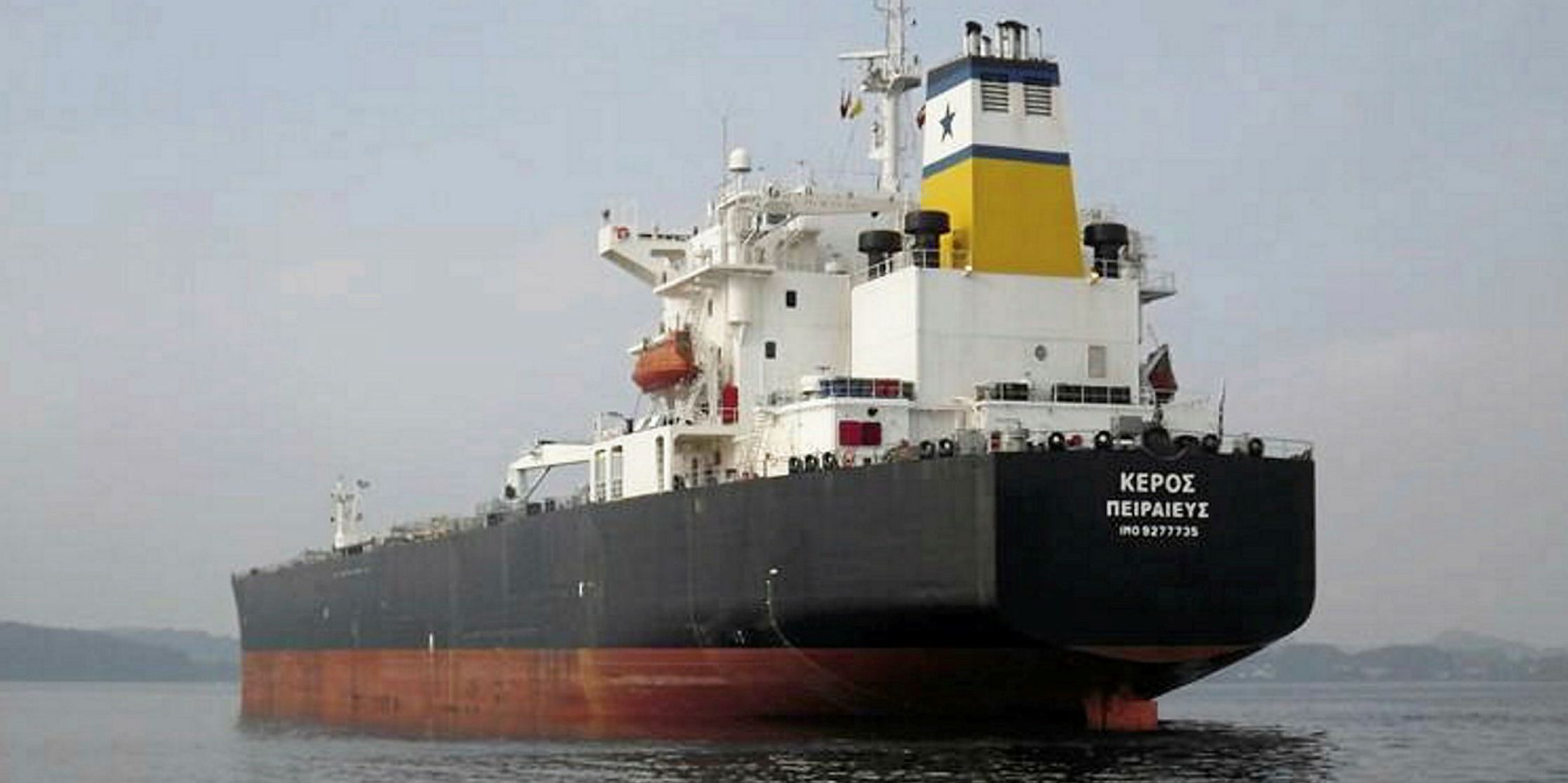Greek shipowner Stealth Maritime has failed in an appeal to have a recent port state control (PSC) detention of a technically managed LPG carrier in the UK overturned.
The 4,100-cbm LPG carrier Gas Spirit (built 2001) was held at Teesport in early February 2022 after the Maritime and Coast Agency (MCA) said it found 13 deficiencies, five of which were “grounds for detention”.
The detention of the Marshall Islands-registered ship lasted for four days.
“The result of the PSC inspection came as a shock since the condition of the vessel and the level of management onboard were not indicating any deficiencies to justify a detention,” Stealth Maritime chief executive Dr Diamantis Andriotis told TradeWinds.
“We take vessel detentions by any PSC extremely seriously and handle them as incidents. This is the only effective way to ensure proper corrective but most importantly preventive actions in order not to have a reoccurrence.”
Dr Andriotis said the vessel had been “regularly inspected and continuously monitored by the company’s technical and marine superintendents” before the incident.
He added that the vessel underwent its annual classification survey by Lloyd’s Register (LR) just a few weeks before the detention with “no issues” and that it had been inspected by an unnamed oil major under the Ship Inspection Report (SIRE) vetting system in late November.
Stealth Maritime said it had requested that a class surveyor be in attendance during the PSC inspection given the “preliminary comments and observations of the PSC officer to the master” to provide the PSCO with the “required explanations for the detainable deficiencies”.
Although the class surveyor attended before the completion of the inspection the vessel was subsequently detained.

“Our immediate concern and objective was the release of the vessel,” said Dr Andriotis.
“After the release and following our analysis in coordination with class and the flag state, we felt there were reasonable grounds to appeal the detention.”
Dr Andriotis said the appeal was submitted by LR and after the evaluation was later rejected by the MCA.
“We cannot comment further on the decision of the MCA other than to mention that we were disappointed,” he told TradeWinds.
“Having carefully considered our options both class and managers felt it was unlikely that any further approach to the MCA will have a different outcome,” he added.
However, Dr Andriotis said a subsequent fresh SIRE inspection on 1 March 2022 generated what he described as a “satisfactory result”.
Despite the outcome of the PSC inspection, Dr Andriotis said PSCOs have a “very difficult and demanding task to undertake”, while the observations raised should always be taken seriously since any deficiency can potentially become an incident or accident and this must be avoided.
“We can all learn from our mistakes while it is also true that nowadays we are able to identify more effectively the root causes of the observations and hopefully take more appropriate preventative actions,” he said.
“The biggest challenge is that in most cases the real root cause will point towards the human element rather than the equipment and it takes a lot of work and effort to change behaviours, but this is our commitment.”





